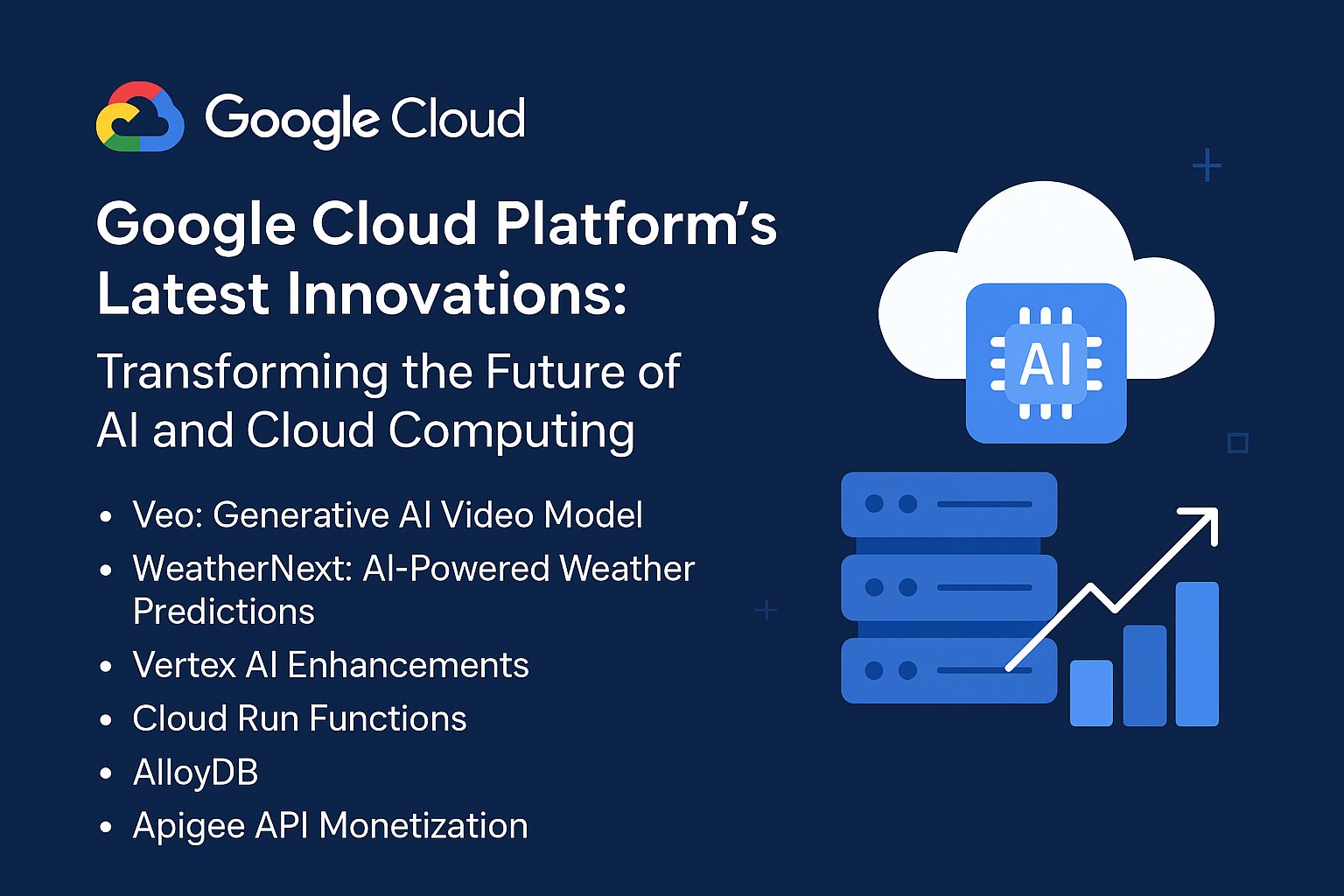In today’s rapidly evolving technological landscape, businesses must adapt to new trends to remain competitive. One of the most significant developments impacting industries across the globe is the rise of electric vehicles (EVs). As EVs become more prevalent, businesses must consider how to optimize their operations to accommodate this shift. One critical area that requires attention is cloud infrastructure optimization. This article explores why modern businesses must invest in cloud infrastructure optimization for EVs and how doing so can lead to enhanced efficiency, scalability, and innovation.
Understanding the Rise of Electric Vehicles
Electric vehicles are transforming the automotive industry. With governments worldwide pushing for stricter emissions regulations and consumers increasingly seeking eco-friendly alternatives, EVs have become a central focus for automotive manufacturers and technology providers. According to the International Energy Agency (IEA), global electric car stock surpassed 10 million units in 2022 and is expected to continue growing rapidly (IEA, 2023).
This shift presents significant opportunities and challenges for businesses. To capitalize on the growth of EVs, companies need to optimize their infrastructure, particularly their cloud computing resources. Cloud infrastructure plays a crucial role in managing data, facilitating communication, and supporting innovative applications in the EV sector.
The Role of Cloud Infrastructure in EVs
Cloud infrastructure provides a foundation for many modern technologies, including those used in the EV sector. It offers scalable resources, powerful data analytics, and real-time processing capabilities that are essential for managing and optimizing EV operations. Here are some key areas where cloud infrastructure impacts the EV industry:
1. Data Management and Analytics
EVs generate vast amounts of data, from vehicle performance metrics to user behavior and environmental conditions. Managing and analyzing this data is critical for improving vehicle performance, enhancing user experiences, and developing new features. Cloud infrastructure enables businesses to store and process this data efficiently. With scalable storage solutions and advanced analytics tools, companies can derive actionable insights and make data-driven decisions.
For instance, cloud platforms like AWS and Azure offer robust data analytics services that can handle the large volumes of data generated by EVs (AWS Analytics, Azure Data Analytics).
2. Real-Time Monitoring and Maintenance
Real-time monitoring of EVs is essential for ensuring their performance and safety. Cloud infrastructure supports real-time data processing, allowing businesses to monitor vehicle health, track performance, and predict maintenance needs. This capability helps prevent potential issues before they become significant problems, reducing downtime and enhancing the overall customer experience.
Platforms like Google Cloud offer real-time data processing solutions that can be integrated with IoT sensors in EVs to provide immediate insights (Google Cloud IoT).
3. Enhancing User Experience
The user experience of EVs can be greatly enhanced through cloud-based applications and services. From navigation systems that provide real-time traffic updates to over-the-air software updates that improve vehicle performance, cloud infrastructure plays a pivotal role in delivering these features. By leveraging cloud services, businesses can offer a seamless and connected experience for EV owners.
Services like Microsoft Azure’s IoT Hub and IBM Cloud offer solutions for developing and managing connected vehicle applications (Microsoft Azure IoT Hub, IBM Cloud).
4. Supporting Innovation and Development
The development of new EV technologies and features requires significant computational resources and collaboration. Cloud infrastructure supports innovation by providing the necessary tools for research and development. Companies can use cloud-based simulation environments, collaborative platforms, and development tools to accelerate the creation of new EV technologies.
Platforms like AWS and Azure provide a range of development tools and environments that can facilitate innovation in the EV sector (AWS Developer Tools, Azure DevOps).
Why Optimization Matters
Investing in cloud infrastructure optimization is crucial for businesses involved in the EV industry. Optimization ensures that cloud resources are used efficiently, reducing costs and improving performance. Here are some key reasons why optimization is essential:
1. Cost Efficiency
Optimizing cloud infrastructure helps businesses manage their costs effectively. By right-sizing cloud resources and leveraging cost-effective storage and processing solutions, companies can reduce their expenditure on cloud services. This is particularly important as the amount of data generated by EVs continues to grow.
Tools like AWS Cost Explorer and Azure Cost Management provide insights into cloud spending and help businesses identify opportunities for cost savings (AWS Cost Explorer, Azure Cost Management).
2. Performance and Scalability
Effective optimization enhances the performance and scalability of cloud infrastructure. Businesses can ensure that their cloud resources are able to handle the demands of EV data processing and application development without experiencing performance bottlenecks. This is crucial for maintaining high-quality services and ensuring a smooth user experience.
Cloud providers like Google Cloud and AWS offer performance monitoring and optimization tools to help businesses maintain optimal performance (Google Cloud Performance Monitoring, AWS Performance Monitoring).
3. Security and Compliance
As businesses handle sensitive data related to EVs and their users, ensuring security and compliance is paramount. Cloud infrastructure optimization involves implementing best practices for data protection and regulatory compliance. This includes encrypting data, managing access controls, and adhering to industry standards.
Cloud services like AWS, Azure, and Google Cloud offer robust security features and compliance certifications to help businesses protect their data (AWS Security, Azure Security, Google Cloud Security).
4. Competitive Advantage
Investing in optimized cloud infrastructure can provide a competitive edge in the rapidly growing EV market. Businesses that leverage cloud resources effectively can innovate faster, deliver superior services, and respond more swiftly to market changes. This can translate into better customer satisfaction and increased market share.
Conclusion
The rise of electric vehicles represents a significant opportunity for businesses across various sectors. To fully capitalize on this trend, companies must invest in cloud infrastructure optimization. By leveraging cloud resources for data management, real-time monitoring, user experience enhancement, and innovation, businesses can stay competitive and meet the demands of the evolving automotive industry.
Optimization is key to managing costs, improving performance, ensuring security, and gaining a competitive advantage. As the EV market continues to grow, investing in cloud infrastructure optimization will be essential for businesses looking to thrive in this dynamic environment.
For further reading and resources on cloud infrastructure and its impact on the EV industry, consider exploring the following materials:
By staying informed and investing wisely, businesses can navigate the complexities of the EV revolution and emerge as leaders in this exciting new era.
References
- International Energy Agency (IEA). (2023). Global EV Outlook 2023. Retrieved from IEA Global EV Outlook
- AWS. Big Data and Analytics. Retrieved from AWS Big Data
- Microsoft Azure. IoT and Data Analytics. Retrieved from Azure IoT
- Google Cloud. IoT Solutions. Retrieved from Google Cloud IoT
- AWS Cost Explorer. Retrieved from AWS Cost Explorer
- Microsoft Azure. Cost Management. Retrieved from Azure Cost Management
- Google Cloud. Performance Monitoring. Retrieved from Google Cloud Performance Monitoring
- AWS. Performance Monitoring. Retrieved from AWS Performance Monitoring
- AWS. Security. Retrieved from AWS Security
- Microsoft Azure. Security. Retrieved from Azure Security
- Google Cloud. Security. Retrieved from Google Cloud Securit.

